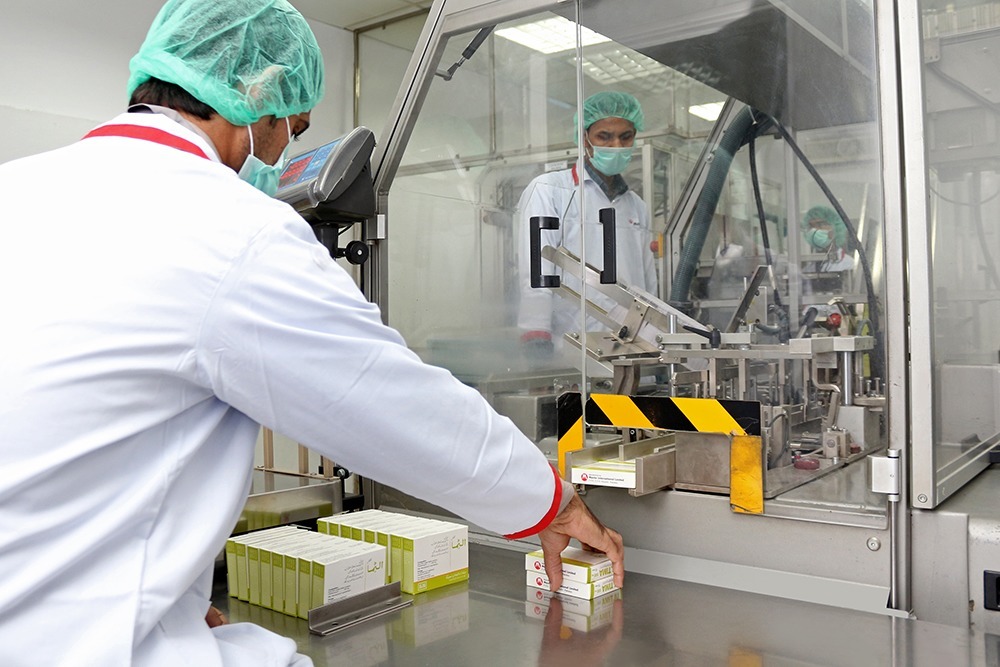Mehwish Akram
A healthcare system consists of physicians, doctors, paramedical staff and pharmacists with each important and indispensable for each other. But in Pakistan, I can say that the most neglected profession among the healthcare chain is pharmacy. And I will explain why is it so!
Let me first brief you about the course of Pharm-D in Pakistan. Pakistan introduced Bachelors in Pharmacy in 2003, which was a 4-year degree program and it was all about the drug manufacturing and pharmaceutics.
In 2004, the Higher Education Commission (HEC) of Pakistan in collaboration with the Pakistan Pharmacy Council updated the B Pharmacy into Pharm-D, which means Doctor of Pharmacy- a 5-year degree Program with a change in content and course focusing on clinical research.
Universities and colleges are affiliated with the different teaching and practicing hospitals in Pakistan. Pharm-D is different from D Pharmacy, as Pharm-D is Doctor of Pharmacy and D Pharmacy refers to Diploma in Pharmacy, which is a two-year course .
Overall, there are 85 universities and colleges-both public and private sector varsities- that are offering Pharm-D in Pakistan and there are more than 60,000 students graduating annually.
Now, we come to the professional aspect of this degree. As it refers to the Doctor of Pharmacy, so a pharmacist is the one who manufactures, dispenses medicines as well as monitors and evaluates the prescription of medicines and conducts counselling of patients. Evaluation and monitoring involves checking of side-effects and adverse effects of medicines.
You can work as a hospital pharmacist, retail pharmacist, community pharmacist, drug inspector or industrial pharmacist or if you want to pursue your education you can go for Masters and then PhD and work as a lecturer. But it all depends on the availability of jobs.
According to the World Health Organization (WHO), there should be one pharmacist per 50 beds in a hospital. But this is a bitter fact that there is hardly one or two pharmacists in a 1,500 bedded hospital.
The retail pharmacy is mostly occupied by pharmacy technicians, while the community pharmacy is not well established in Pakistan. Apart from that the pay scale and salary for pharmacists has not been updated for years .
There are so many challenges faced by pharmacists in Pakistan and the most important one is unacceptable attitude by the hospital staff and the society. Many people talked about it and even protested last month for the rights of pharmacists.
There are really less opportunities for a fresh graduate pharmacist. The government should conduct different training programmes and residency programmes for fresh pharmacy graduates in collaboration with hospitals as it will help the new graduates to learn, grow and excel in their fields.
As a pharmacist, I request the government to have a look at this issue and create job opportunities for pharmacists in Pakistan.
–The writer is a pharmacist by profession



